A recent law that came into effect to benefit app-based delivery drivers could soon be reversed. The ruling considered the unfair practices that gig workers are subjected to, such as low pay, using their own vehicles, and relying on tips for pay.
However, the Seattle lawmakers who passed the statute have voted to rescind the $26 minimum wage after big companies like DoorDash and Uber Eats fought back.
The Wage Was Raised in January

A few months ago, Seattle became one of two large cities that mandated a minimum wage for app-based delivery workers, often called “gig workers.”
In retaliation for the higher wages, DoorDash and Instacart imposed higher fees on customer’s bills. When the companies decided to send the fees to their customer base, it resulted in fewer orders, which made it more difficult for some of the delivery workers to have steady work.
Seattle Is Now Walking Back the Big Decision
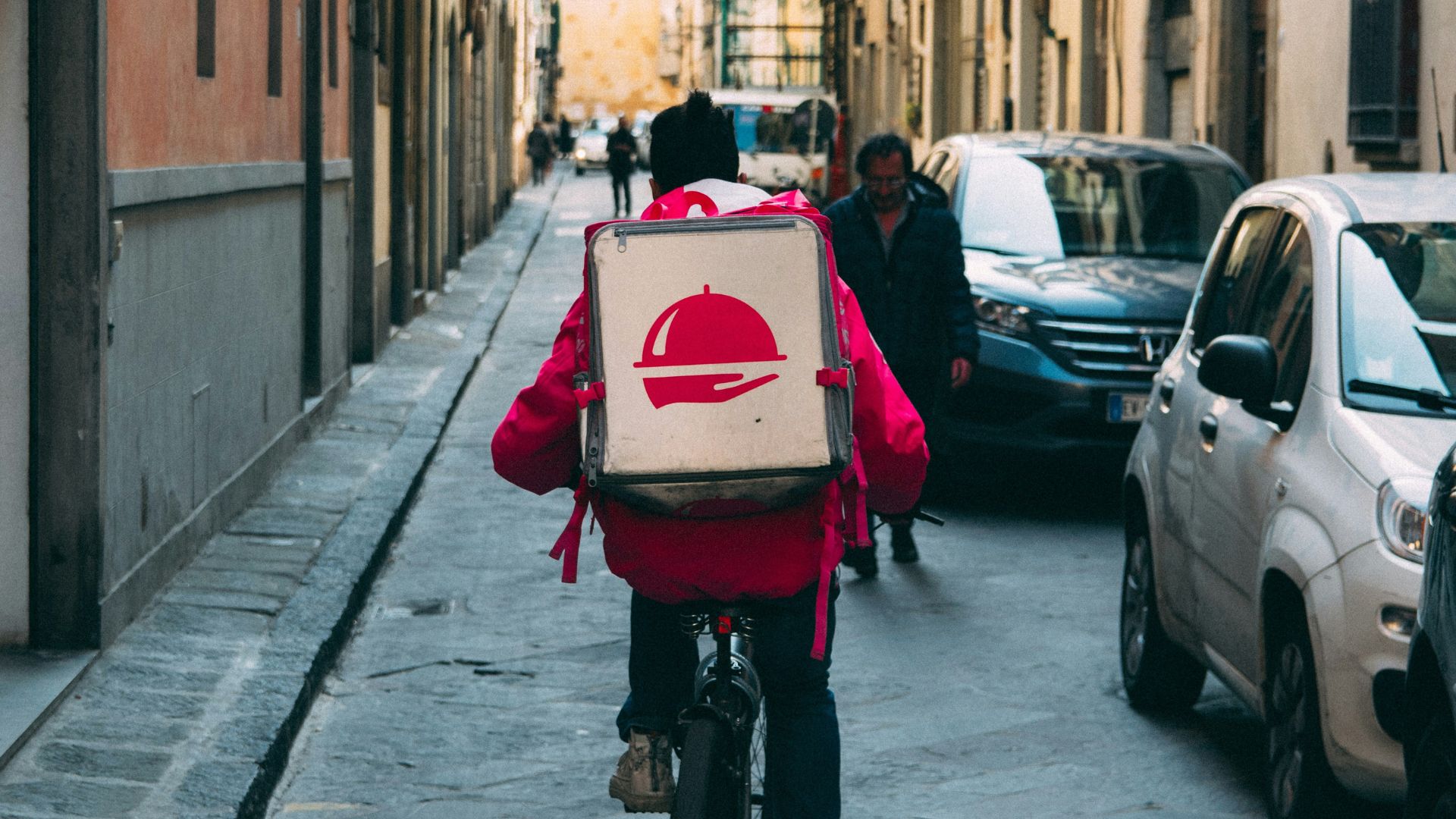
The Seattle City Council voted on Thursday to rescind the new minimum wage. The original law required delivery drivers to make $26.40 plus mileage before tips.
Many delivery drivers were unhappy with the unintended consequences of the new wage. Eric Franklin, a delivery driver in the city said, “A lot of people were happy with the pay they got and everything was working good, but now that they only get one delivery a day or two deliveries a day, that really cuts into their income.”
The Nonprofit Behind the Increase
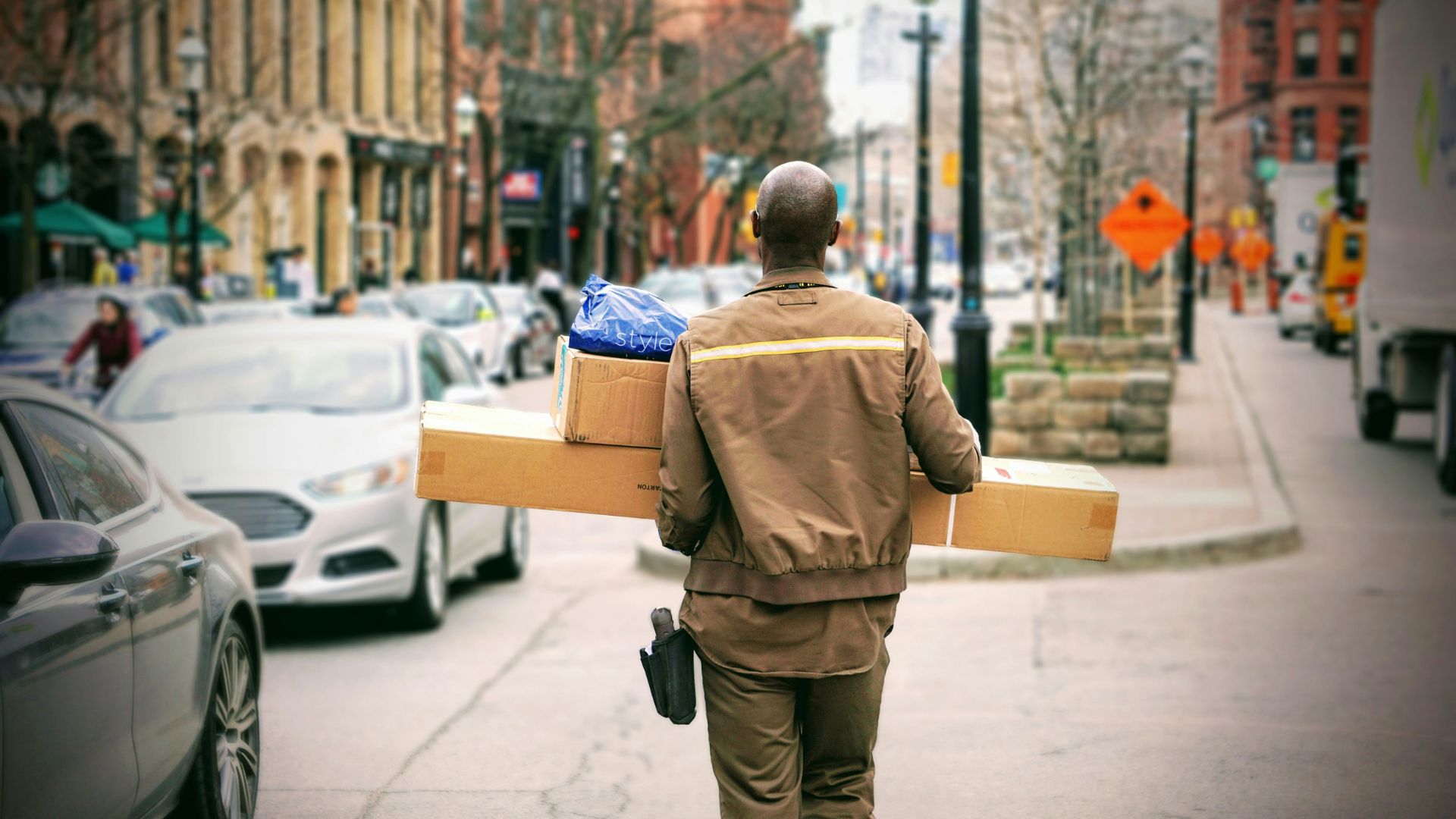
The nonprofit group called Drive Forward Seattle led the charge to increase wages for gig workers, who they say were severely underpaid.
Advocates for the group say that they want to pave the way for gig workers and hospitality professionals to make a living wage in the large and expensive cities where their services are needed the most.
Many Business Closures Attributed to Higher Wages
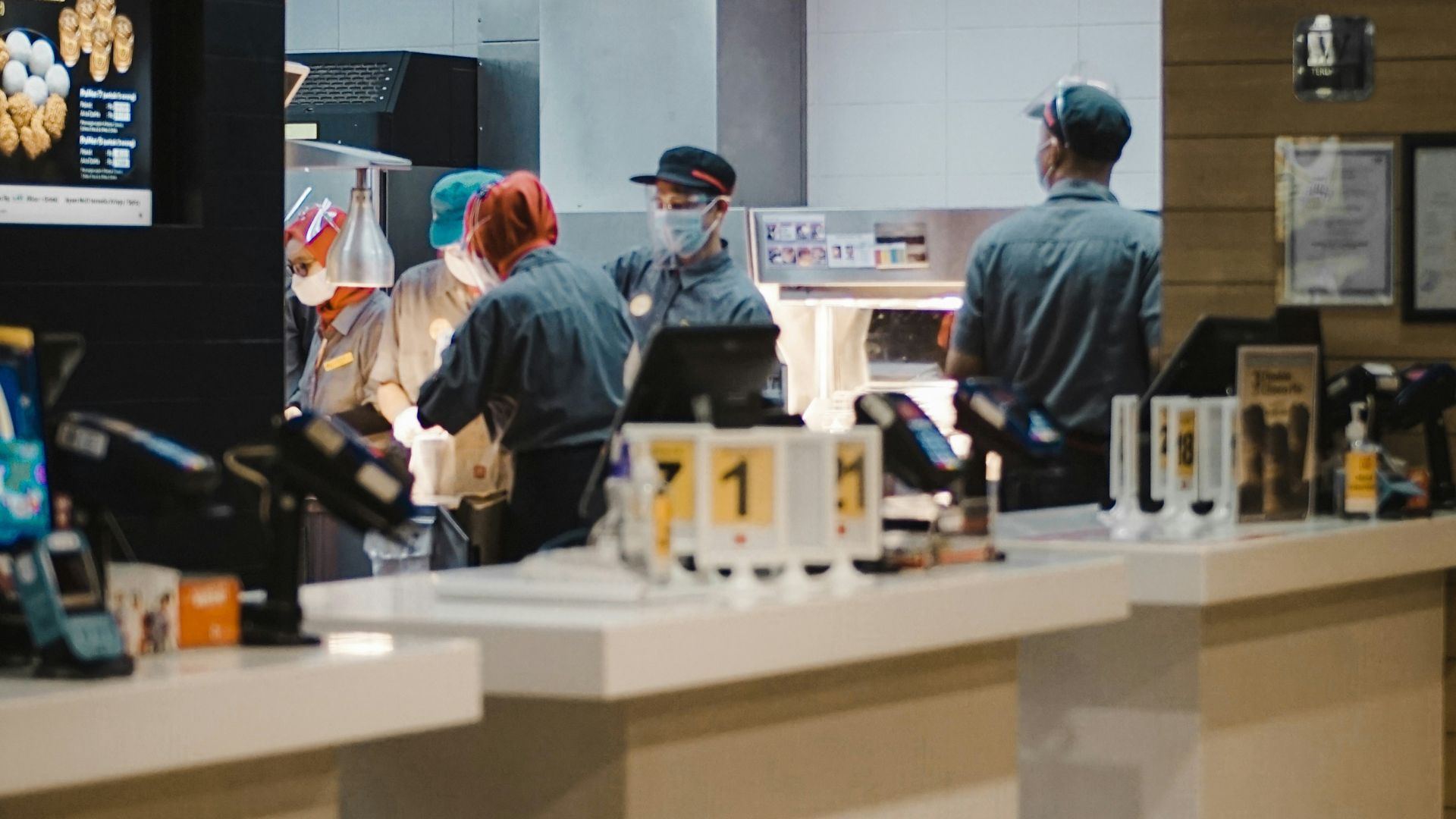
In California, the $20 minimum wage for fast-food restaurants with more than 64 locations was the reason many popular dining spots closed their doors permanently.
Many businesses in the food and drink sector make incredibly small margins, which means they can only pay their workers small wages and often rely on tips to subsidize their hourly pay.
Fast Food Now Becoming Unaffordable
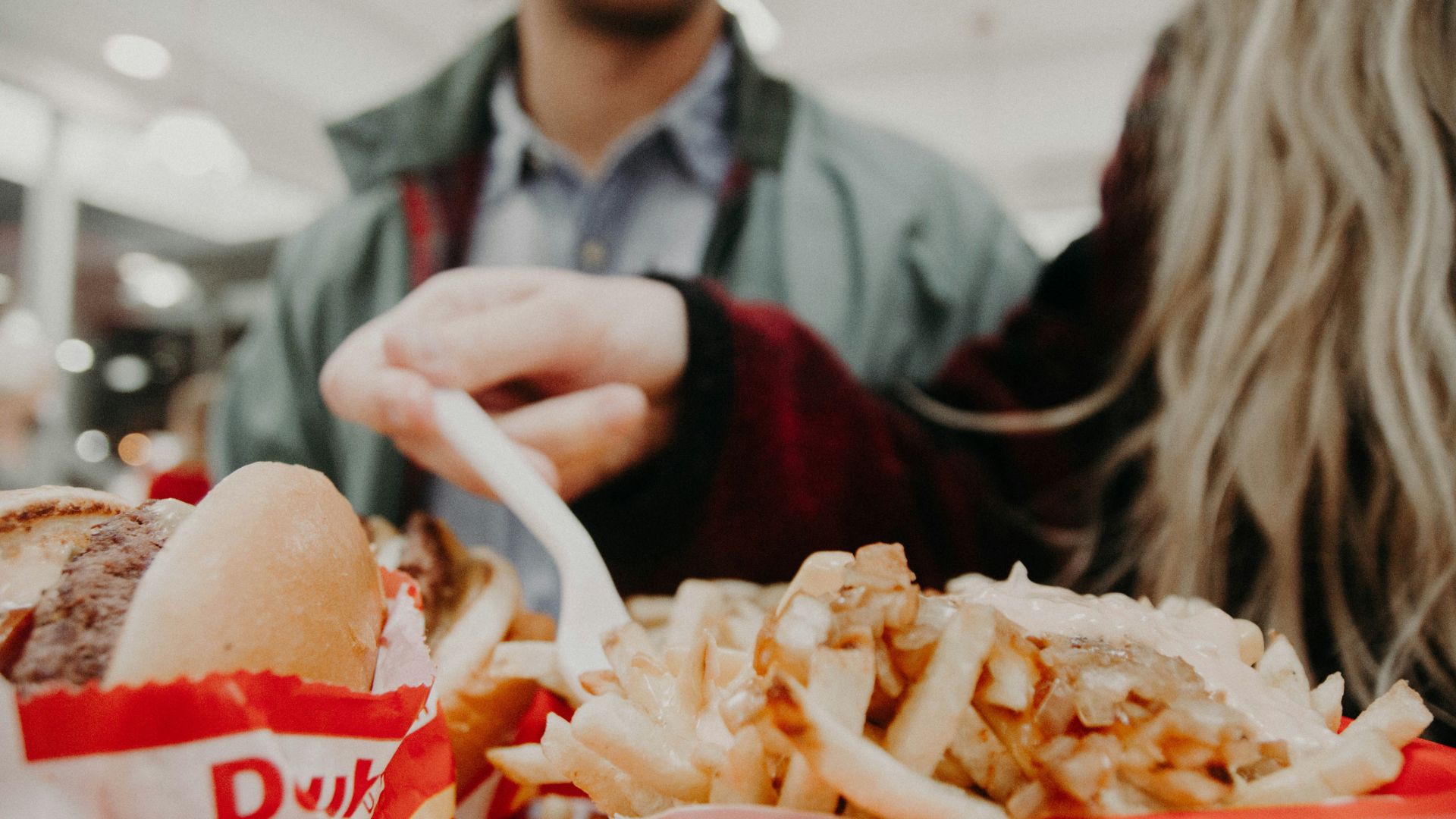
Another unintended consequence of higher wages in states like Washington and California is the fast food joints that are forced to raise their prices.
Every dollar counts towards a healthy bottom line in a business. When Gov. Gavin Newsom announced the new minimum wage for fast-food workers in California, many restaurants raised their prices on the same day to offset the new cost.
Seattle City Council Added New Provisions
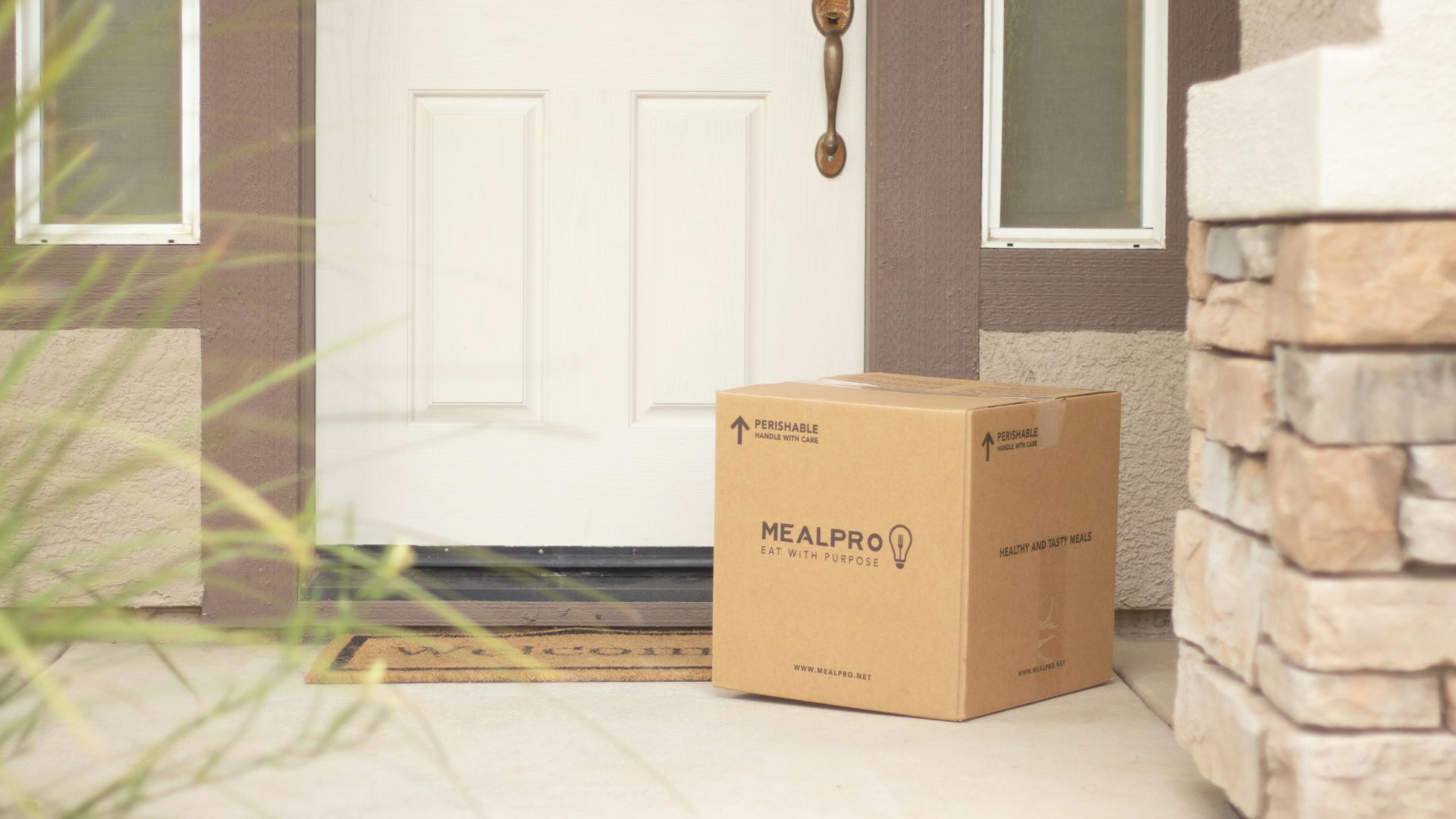
Instead of eliminating the higher wage altogether, the council decided on a compromise they think is fair.
The revisions include gig workers being paid $20 per hour plus 35 cents a mile to accommodate for the workers using their own vehicles. However, not all delivery workers are happy with the changes and think that the higher hourly will mean that companies will pass the cost onto the customer and lower the number of orders in a day.
Some Argue That the Issue Is With Big Companies
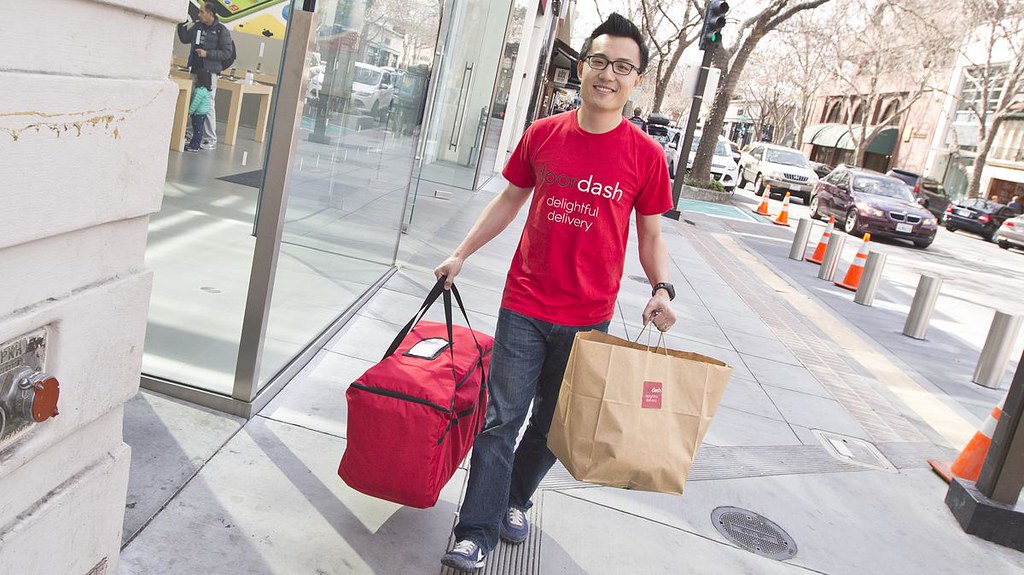
Although the workers being affected by the ruling think that the Seattle City Council should reverse the order to get their orders back on track, many think that the problem is with the large companies passing the wages onto the customer.
Multi-billion dollar organizations usually have several streams of revenue. App-based delivery companies, for instance, make revenue from the restaurants and delivery fees.
DoorDash Is Not Struggling Financially
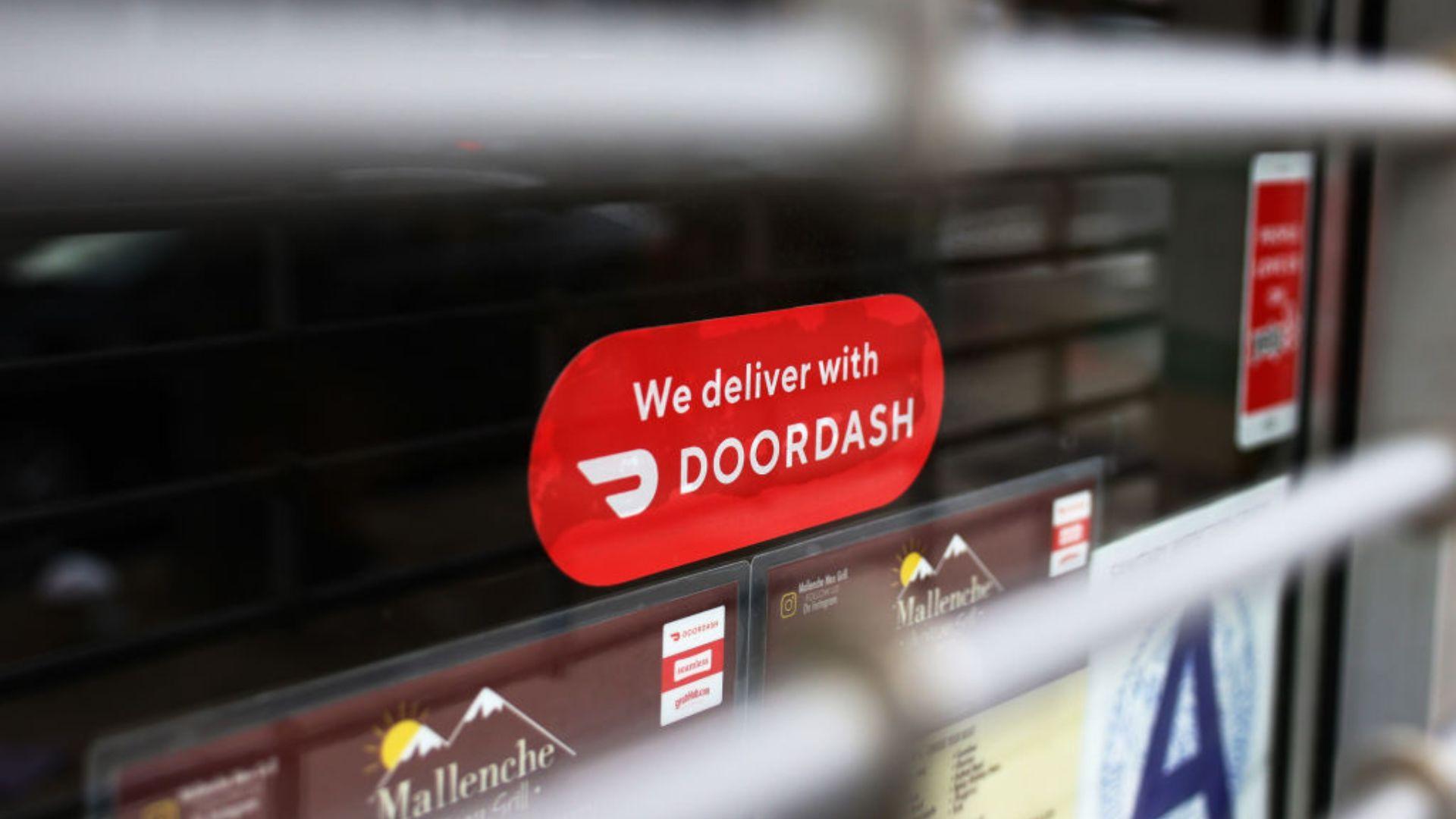
Companies like DoorDash that charge an extra $5 to Seattle customers to cover costs are operating on a devious model. DoorDash made $8.64 billion in 2023 from a business model that allows it to use cheap labor and crowd-sourced vehicles for delivery.
The company is also publicly traded and has increased its value in several ways, one of which is increasing the number of customer orders. The added money on each bill that has caused orders to decline seems like a bad move for the company.
Restaurant Owners Want To See Fast Changes
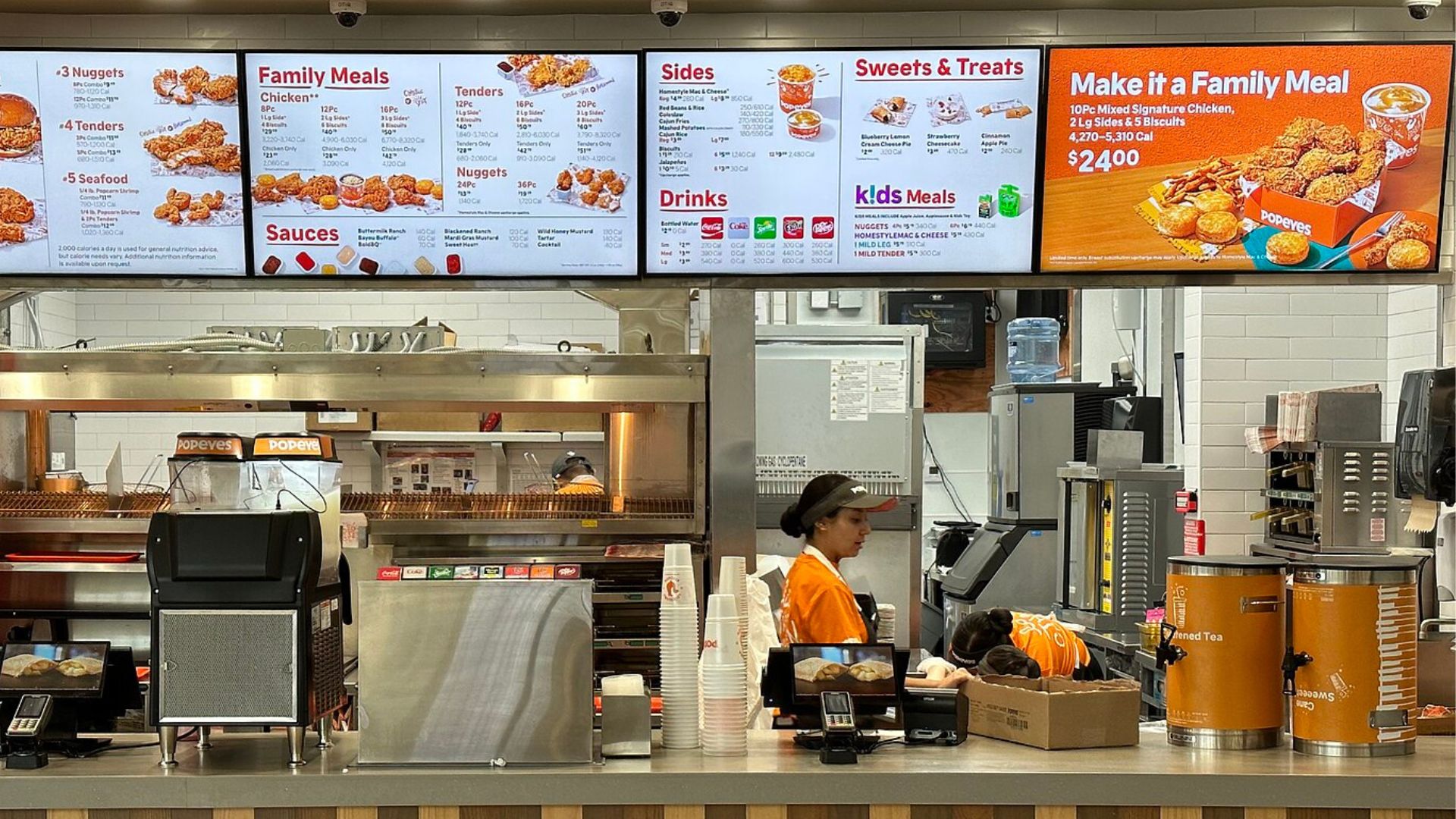
Many restaurants and fast-food eateries rely on delivery apps for much of their revenue.
To get things back on track, many restauranteurs want to see DoorDash drop the added fees or have the Seattle City Council return the wages to where they were.
How Much Do Delivery Drivers Actually Make?
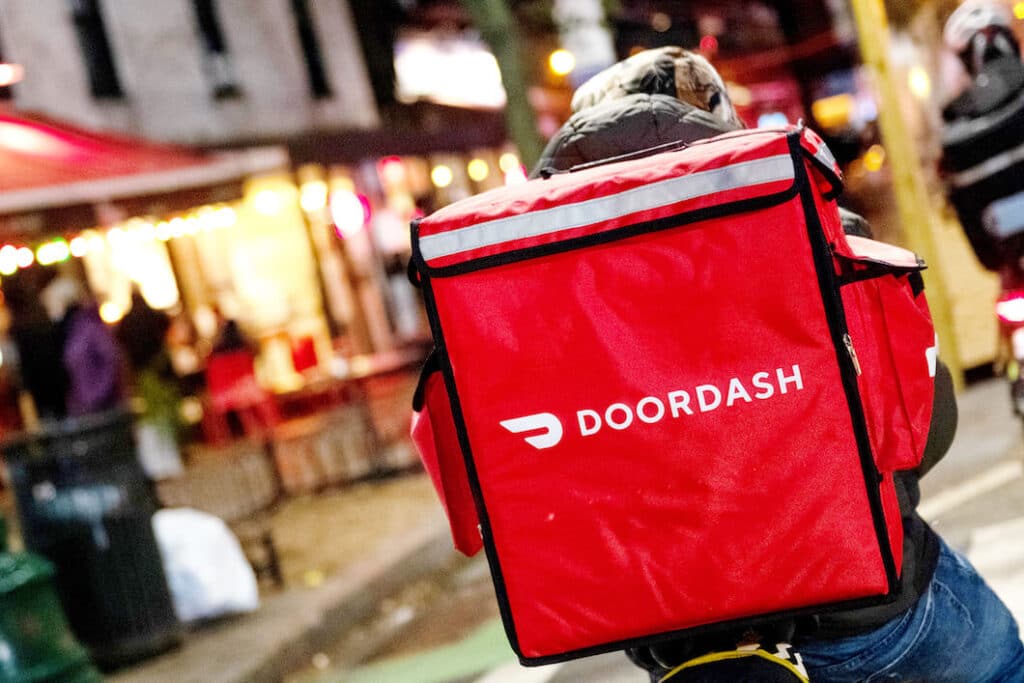
The DoorDash Pay Model page provides information on the average delivery driver’s salary.
Each delivery driver makes a base pay (calculated on the time spent, the distance driven, and the desirability of each order, along with promotions and tips. The base pay ranges from $2-10 dollars an hour, and then tips are added by each customer, which can vary. Since the delivery driver is an independent contractor, they are responsible for then paying out their own taxes.
App-Based Delivery Drivers Use Their Own Cars
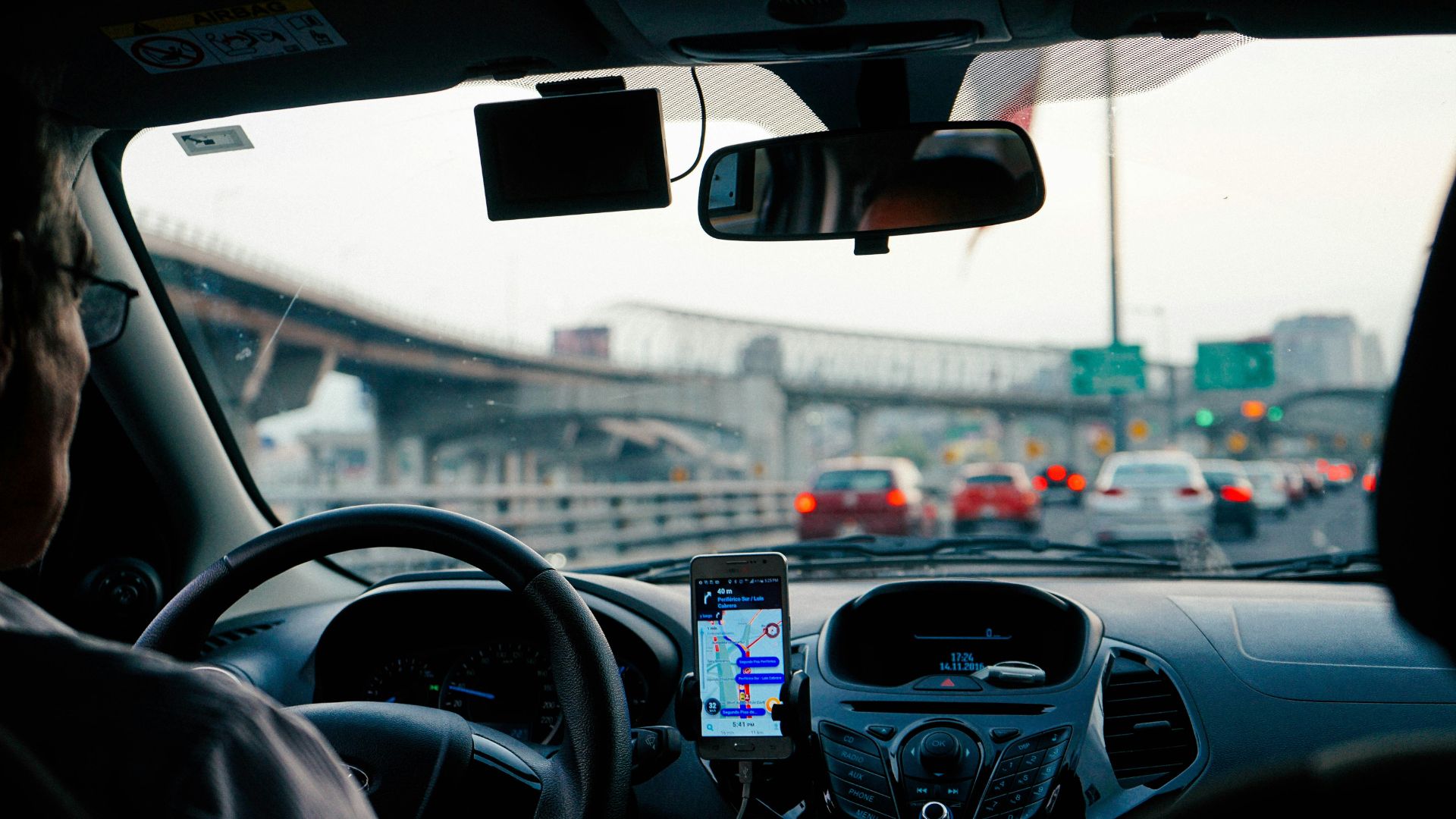
Another expense that the Drive Seattle Forward group considered when asking for a higher minimum wage was all of the factors listed above (such as taxes) and the fact that drivers use their own vehicles.
After paying state and federal taxes, delivery drivers still need to pay for their own gas, insurance, and repairs, which often increase as their car use increases.








































